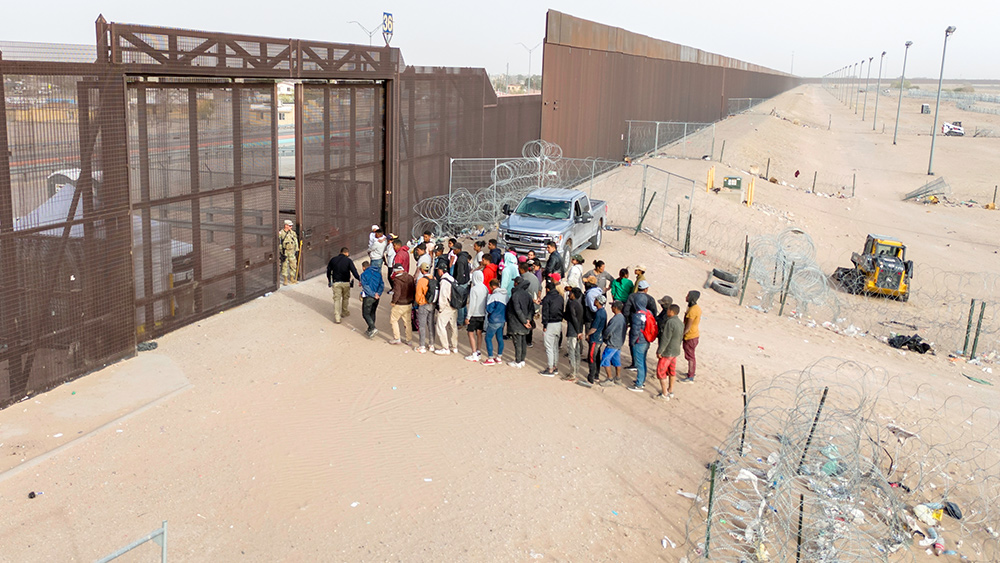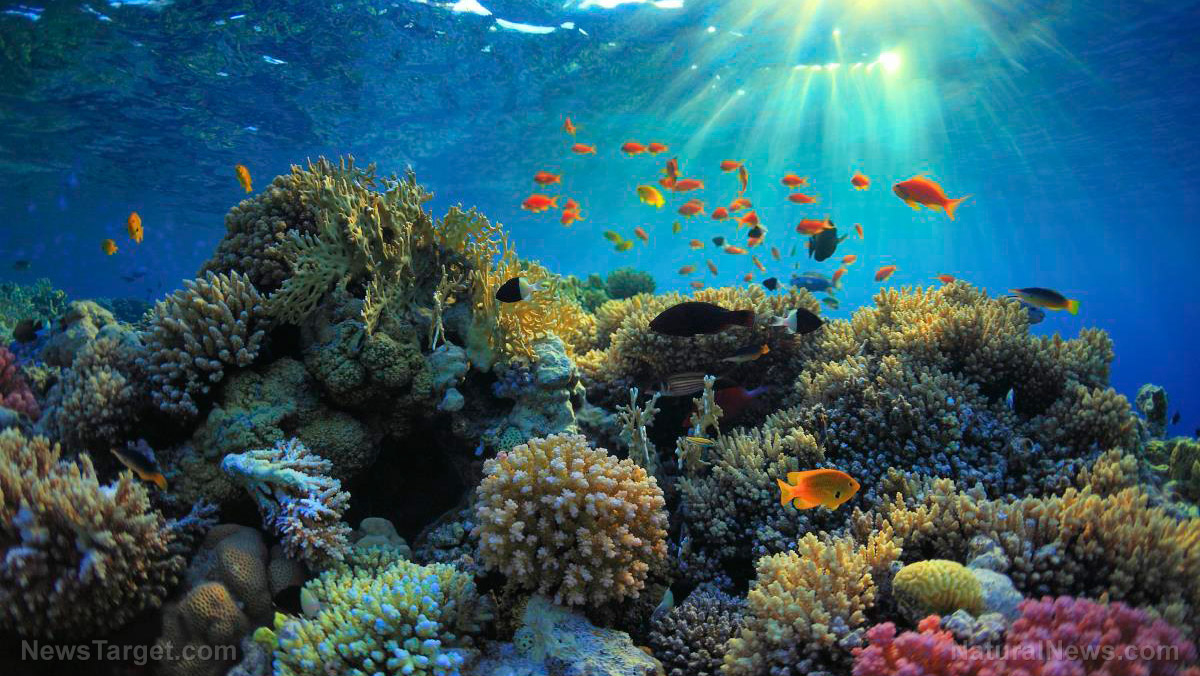 Parler
Parler Gab
Gab
- E&E News publishes an article accusing climate critics of "discrediting" an IPCC author—framing dissent as hostility rather than legitimate scrutiny.
- Friederike Otto's research in attributing extreme weather to human-caused climate change is already used in major litigation; her appointment to a lead IPCC role raises questions about impartiality.
- Critics like Roger Pielke Jr. who question such appointments are demonized—labeled "allied with fossil fuel interests"—rather than engaged on the substance of their concerns.
- Defenders lean heavily on the rhetoric of peer review, balanced process and mischaracterization to deflect questions of bias, even though peer review and institutional assurances don't eliminate political pressure or conflicts.
- The deeper issue: when science morphs into policy religion and dissent is equated with betrayal, genuine inquiry is replaced with doctrinal enforcement—and skepticism becomes taboo.
When climate science isn't enough: Demanding disclosure and safeguards against litigation bias
Let's talk about accountability. If the IPCC is going to pick someone whose studies are used in litigation, shouldn't there be full disclosure? Shouldn't there be debate about whether litigation-linked work is appropriate for a body meant to inform policy openly, not to serve courtroom strategies? These are not fringe questions—they go to credibility. Yet instead of those questions, the headlines insist: Critical attack, assault on science, industry pushing back. It flips the script: the real controversy is not whether claims are robust, but that someone challenged them. What we need is skepticism, not groupthink. Science advances by questioning, by probing uncertainty, by rigorously testing competing hypotheses—not by silencing dissent. Unfortunately, with climate change, skepticism has become taboo. Asking "What if the models overestimate?" or "What if natural variability matters more than claimed?" is met with outrage rather than welcome. Because underneath it all is a deeper issue: when science becomes policy religion, when data are weaponized, when dissent is equated with betrayal—then you don't have open inquiry, you have indoctrination. So yes, climate change is real in broad strokes. But many claims are exaggerated; many costs are oversold; many predictions are uncertain. We should resist sensationalism, demand transparency and preserve space for disagreement. Because once that's gone, what remains isn't science—it's dogma. Watch this video about the book "Global Warming: A Guide to the Science" by Willie Soon, Sallie Baliunas, Arthur B. Robinson, and Zachary W. Robinson. This video is from the BrightLearn channel on Brighteon.com. Sources include: WattsUpWithThat.com Brighteon.AI Brighteon.comHigh‑normal potassium levels cut arrhythmia risk by 24% in ICD patients: POTCAST trial shows promise
By Patrick Lewis // Share
Coral resilience defies alarmist claims of climate catastrophe
By Willow Tohi // Share
New research debunks youth obsession, points to 60 as the pinnacle of human functioning
By Ava Grace // Share
Governments continue to obscure COVID-19 vaccine data amid rising concerns over excess deaths
By patricklewis // Share
Tech giant Microsoft backs EXTINCTION with its support of carbon capture programs
By ramontomeydw // Share
Germany to resume arms exports to Israel despite repeated ceasefire violations
By isabelle // Share










